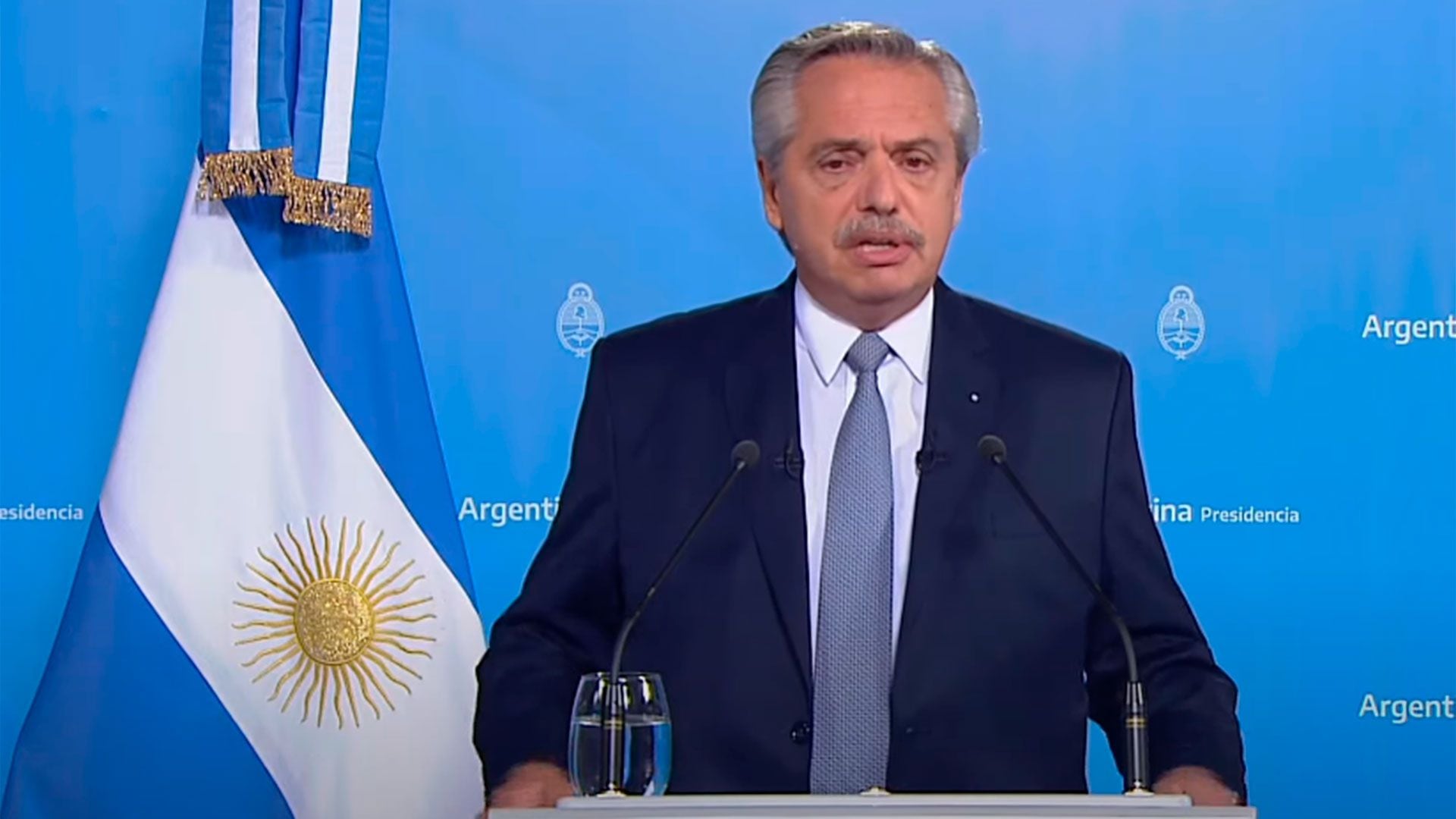
In his speech tonight, President Alberto Fernández referred to the increase in the international price of wheat, as a result of Russia's invasion of Ukraine, and the impact that this situation has on the domestic market.
In this regard, he announced that the prices of relevant food should be at affordable prices. And in the case of bread, he promised the creation of a stabilization fund. It was almost the only measure he announced, although he did not give details.
“I have made a decision to protect Argentines from this unexpected phenomenon and that hopefully will be transitory,” said the head of the national executive.
“I am not going to remain passive in this situation,” he said of the war. “Doing nothing would have very clear consequences: the increase in wheat would increase the production costs of bread, noodles, flour that millions of Argentines and Argentines consume. And these are not increases that unfortunately we suffer due to the macroeconomic disorder that we faced, but rather an impact that would hit households even more with unusual increases in the basic basket. I have made a decision to protect Argentines from this unexpected and hopefully transitory phenomenon,” he added.
And not much else. “I have instructed my ministers to take the necessary measures and they will be responsible for communicating them from tomorrow,” he said, suspending the beginning of the war against inflation that he announced hours ago.
Tomorrow the Minister of Agriculture, Julián Domínguez, promised to provide details on what the measures will be like. Firstly, the retentions on soybean oil and flour will be increased, bringing them from 31 to 33%. The additional money will be used to increase the withholding of soy by-products mentioned above, which according to the Buenos Aires Grains Exchange is estimated at 425 million dollars, a State agency will be created to manage the funds and subsidize the flour stock that reaches bakeries, whose price rose in recent weeks and moved from there to the price of bread.

While the Government communicated the new fund to combat inflation, several studies have been published that show that the productive sector has a low impact on the final price of food. In the case of bread, according to the latest statistics from the Agricultural Foundation for the Development of Argentina (FADA), wheat represents 12.9% of the final value of bread, the mill 5.2%, the bakery 60.4% and taxes 21.5%. On the other hand, this price is composed of 67% of costs, 21.5% taxes and 11.5% profits. In addition, the price of wheat is multiplied by 7 from the field until the bread reaches the gondola.
The president of the 27 de Abril Baker Center in Avellaneda, Gastón Mora, commented days ago that the exchange of flour for shops was obtained between 1,050 and 1,100 pesos and then reached 1,800 pesos. In Santa Cruz, for example, they are selling it for 2,000 pesos. “We are totally forced to transfer it to the price of bread, because it is not an increase of 50 pesos, but it was 400 to 600 pesos per bag. At less than 200 pesos per kilo there will be very few bakeries that can sell it to bread. The ones I am talking to already sell it at 270, 280 or, even, at 300 pesos per kilo,” he pointed out to this media outlet.
News in development
Últimas Noticias
Debanhi Escobar: they secured the motel where she was found lifeless in a cistern

The oldest person in the world died at the age of 119

Macabre find in CDMX: they left a body bagged and tied in a taxi
The eagles of America will face Manchester City in a duel of legends. Here are the details

Why is it good to bring dogs out to know the world when they are puppies




